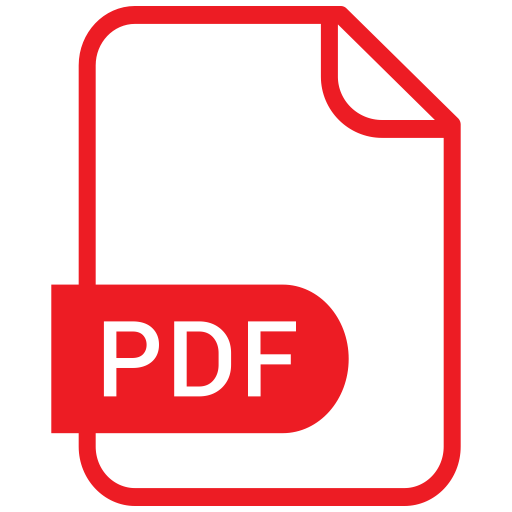Ref.: BE-IP-2024-004
Internship Proposal
Uncertainty quantification in deep learning meta-models for turbomachinery design
Cenaero, located in Gosselies (Belgium), is a private non-profit applied research center providing companies involved in a technology innovation process with numerical simulation methods and tools to invent and design more competitive products. Internationally recognized, in particular through its research partnership with Safran, Cenaero is mainly active in the aerospace (with an emphasis on turbomachinery), process engineering, energy and building sectors.
Cenaero provides expertise and engineering services in multidisciplinary simulation, design and optimization in the fields of mechanics (fluid, structure, thermal and acoustics), manufacturing of metallic and composite structures as well as in analysis of in-service behavior of complex systems and life prediction. Cenaero also provides software through its massively parallel multi-physics platform Argo and its design space exploration and optimization platform Minamo.
Cenaero operates the Tier-1 Walloon supercomputing infrastructure with combined (CPU + GPU partitions) peak performance about 4 PetaFLOPS, that was ranked 245th on the November 2022 Top500 List with its GPU partition (see tier1.cenaero.be for details).
Within Cenaero, the Machine Learning and Optimization theme is dedicated to the development of algorithms and methods to address complex industrial design cases, with several achievements in aeronautics in particular [1-2].
Context
The development of innovative engine architectures is crucial to meet the aviation sector's goal of net-zero carbon emissions by 2050. In today's digital age, technology maturation is accelerating, yet the challenge for turbomachinery design remains: to significantly advance current performance within tight development timelines. To meet this challenge, it is essential to adopt a design framework that employs predictive models and simulations capable of providing reliable performance assessments within acceptable restitution time.
CENAERO's proposed solution involves the use of a multi-fidelity and multi-physics optimization approach based on genetic algorithms, surrogate-models enhanced implemented within its in-house software, MINAMO. This framework utilizes a multi-point enrichment technique at each iteration, also known as infill points. This globally efficient optimization strategy leverages surrogate models as cost-effective alternatives to high-fidelity computations and delivers improved designs. This infill strategy ensures that the optimization remains within affordable computational limits while balancing exploration and exploitation towards feasability and improved performance.
In this context, the vast arsenal of tools developed in the machine learning community, particularly for deep learning surrogate models, holds great potential for further enhancing the optimizer capabilities . While deep learning models can generate rapid and accurate predictions from training data, they are often prone to overfitting.To effectively explore the design landscape and improve the selection of infill points during optimization, it is essential to quantify the uncertainties within these models. Accurate infill strategies require methods that evaluate model uncertainties and predict the potential benefit of adding a point in a specific region of the design space. Although well-established methodologies exist for some surrogate models, there is ongoing debate regarding the best approaches for deep learning models. This internship seeks to address this gap by reviewing various methodologies already proposed in the scientific community, implementing the most promising ones, and comparing their performance against more traditional methods.
Objectives
The primary goal of the internship is to develop and evaluate uncertainty estimation for infill criteria tailored to deep learning surrogate models, using a database generated via Mises for 2D airfoil design. The proposed methods will be compared against state-of-the-art solutions. The internship is structured into three main phases:
-
Conduct a comprehensive literature review to explore state-of-the-art methods for uncertainty quantification in deep learning models and select promising strategies to be investigated in phase 2.
-
Perform an initial optimization using a deep learning surrogate model with the MIANMO software to establish a baseline.
-
Implement an uncertainty quantification method based on an ensemble learning approach. This will quantify both aleatory uncertainty (data-related) and epistemic uncertainty (model-related).
-
Develop and implement a novel uncertainty quantification method, based on insights from the literature review in Work Package 1.
-
Compare the performance of this advanced method against the baseline implementation from Work Package 2.
Profile
-
Required: Bachelor + ongoing Master’s studies in Mechanical, Electromechanical, or Aeronautical Engineering or data science.
-
Languages: English and/or French.
-
Pre-requisites: notions of aerodynamics and/or structural mechanics + programming (Python).
-
Motivation, creativity and team spirit!
Duration
The length of the internship can vary from 4 months to 6 months, depending on your university or school regulations.
Contact
Interested candidates should send a cover letter, quoting reference number of the offer , and a resume to Rh_be-ip-2024-004 [at] cenaero.be (Rh_be-ip-2024-004[at]cenaero[dot]be)
